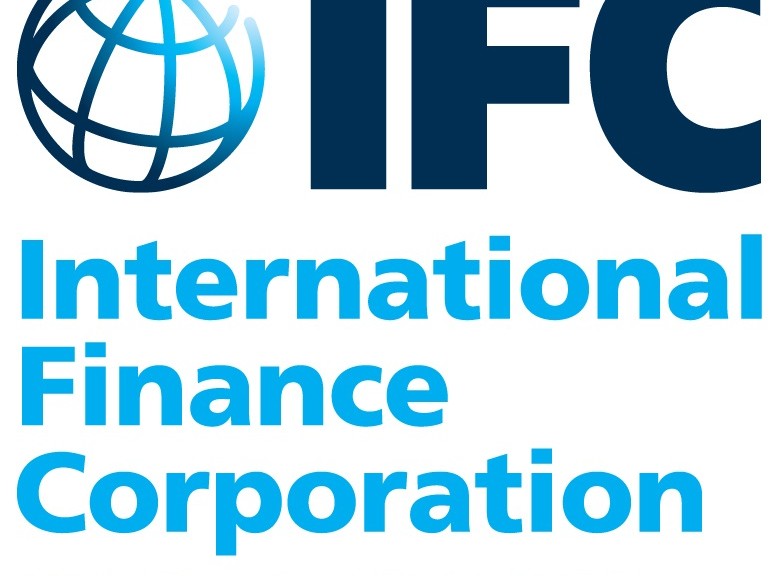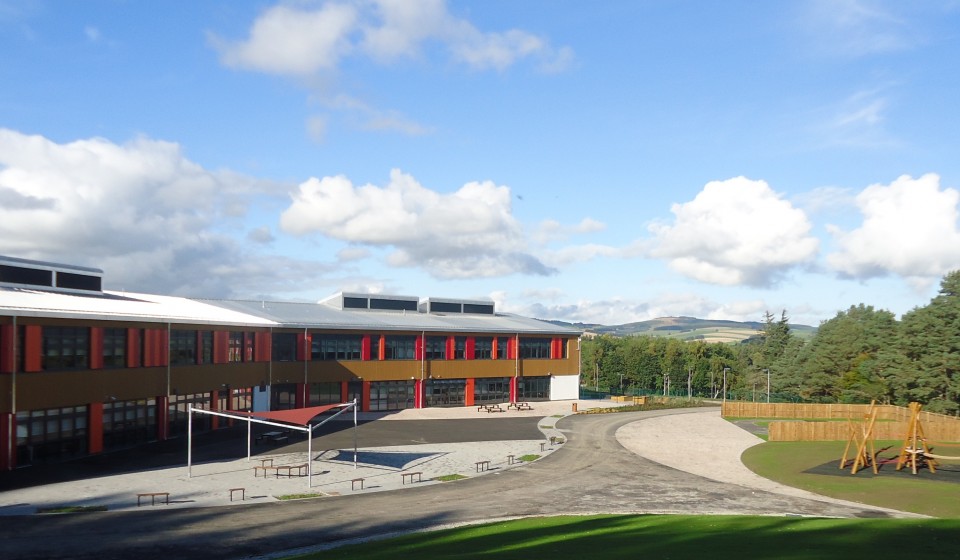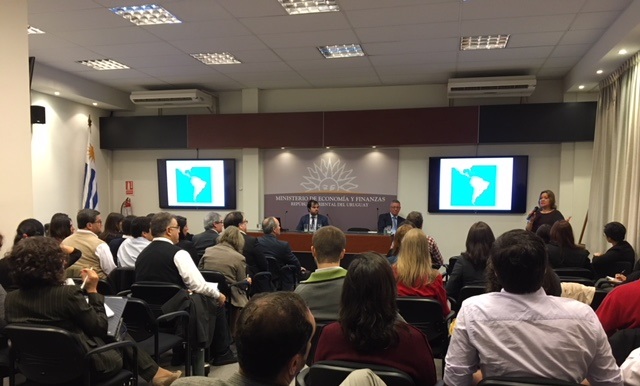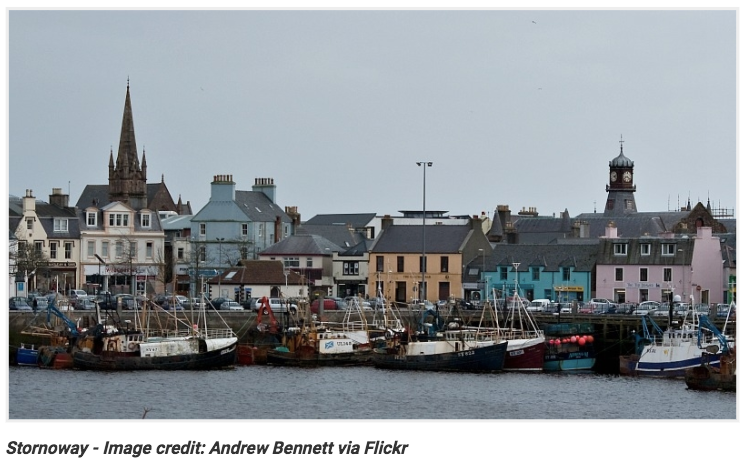On 18 May 2018 Martin Finnigan joined around 50 delegates at the Why Uruguay? event at Tower Bridge, London, organised by Uruguay XXI (the National Investment and Export Promotion Agency), the Department for International Trade, and the Embajada Británica Montevideo.
Presentations by representatives from Embassy of Uruguay in London, the British Chamber of Commerce in Uruguay and Uruguay XXI described the key strengths of the Uruguayan economy and explained the many incentives that make it an ideal hub for companies wishing to enter and trade throughout Latin America.
The main points we took from the event were:
• it was the first country in the world to provide laptop computers to all primary and secondary school pupils, and to all teachers. Smart Cities, Smart Towns and Smart Education concepts are at the heart of schooling. Language skills are good, all teachers have access to English tuition and a significant number of Portuguese speakers helps companies trade with Brazil;
• the country has high standards of transparency, strong institutions and is committed to investment in knowledge: facts I can relate to in my own experiences working in Uruguay;
• income per person is the highest in Latin America and Uruguay’s fifteen straight years of GDP growth far outstrip the performance of its massive neighbours, Brazil and Argentina;
• the country has implemented strategies that make it a very attractive location for companies seeking to establish a hub for goods and services in the region. Examples include excellent internet connectivity, free ports and free airports, no restrictions on repatriation of profits, no discrimination between overseas and domestic investors, unrestricted forex market, single taxation system throughout the country, and slick procedures for setting up a company.
For our part, it is good to see that the Education PPP program, which we helped develop, has recently issued invitations to tender for the fourth bundle of schools.
















